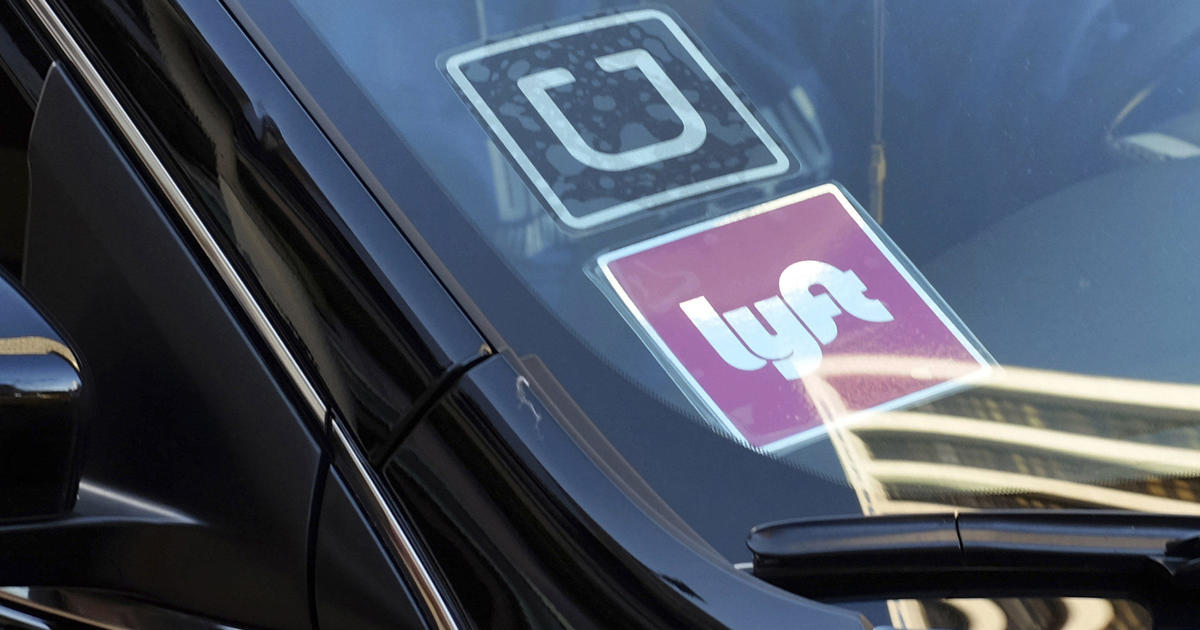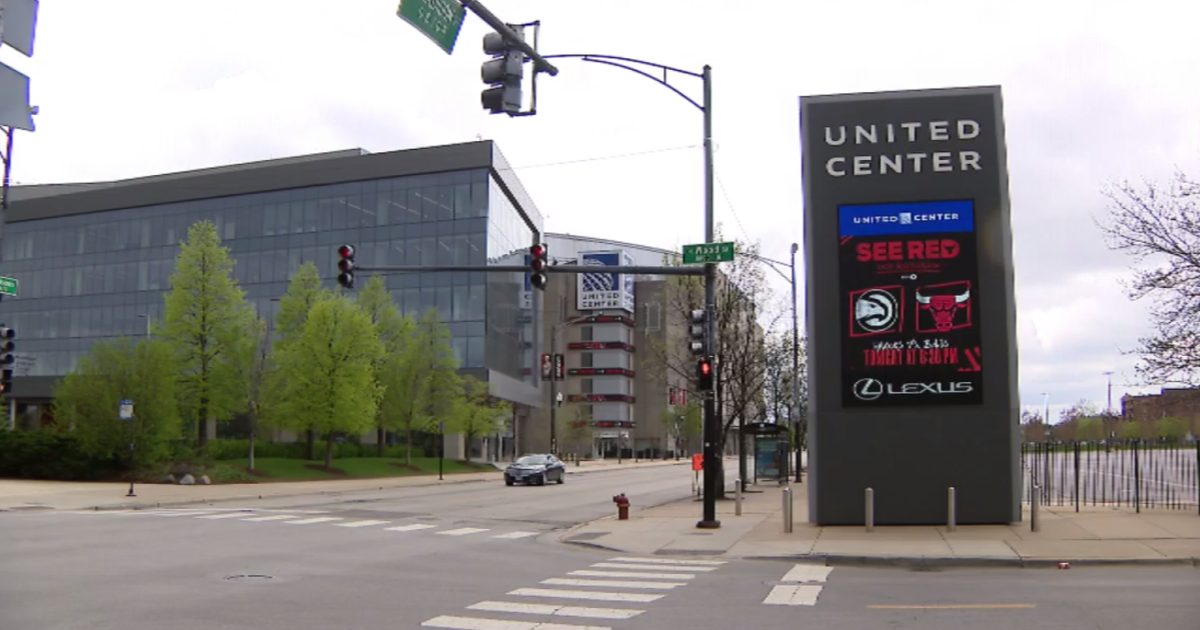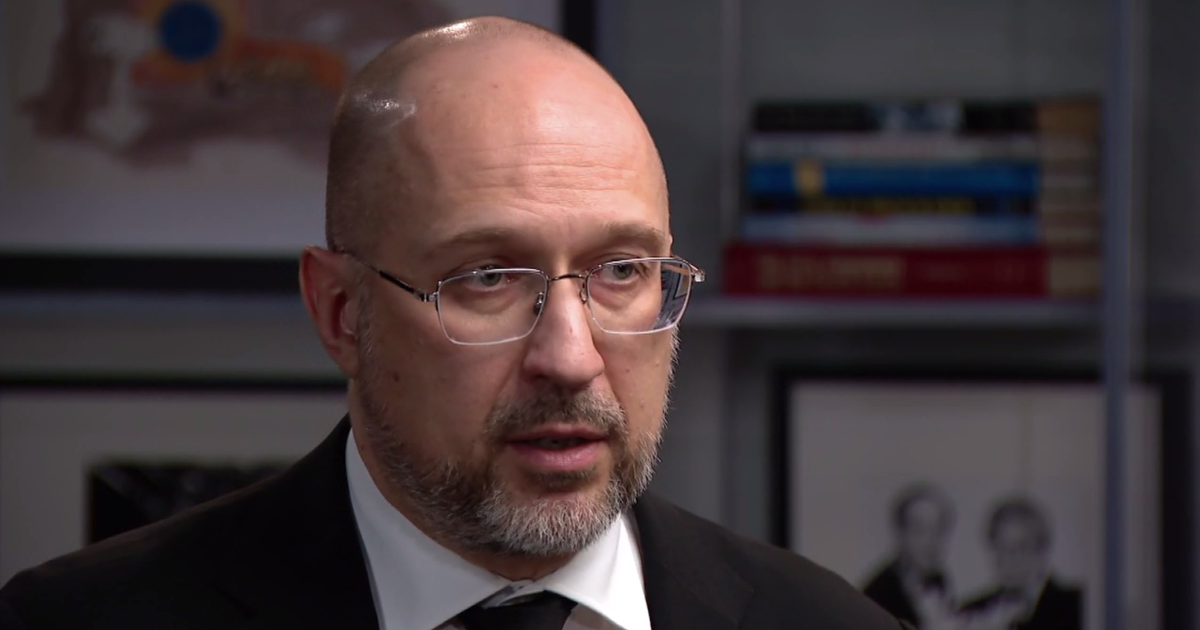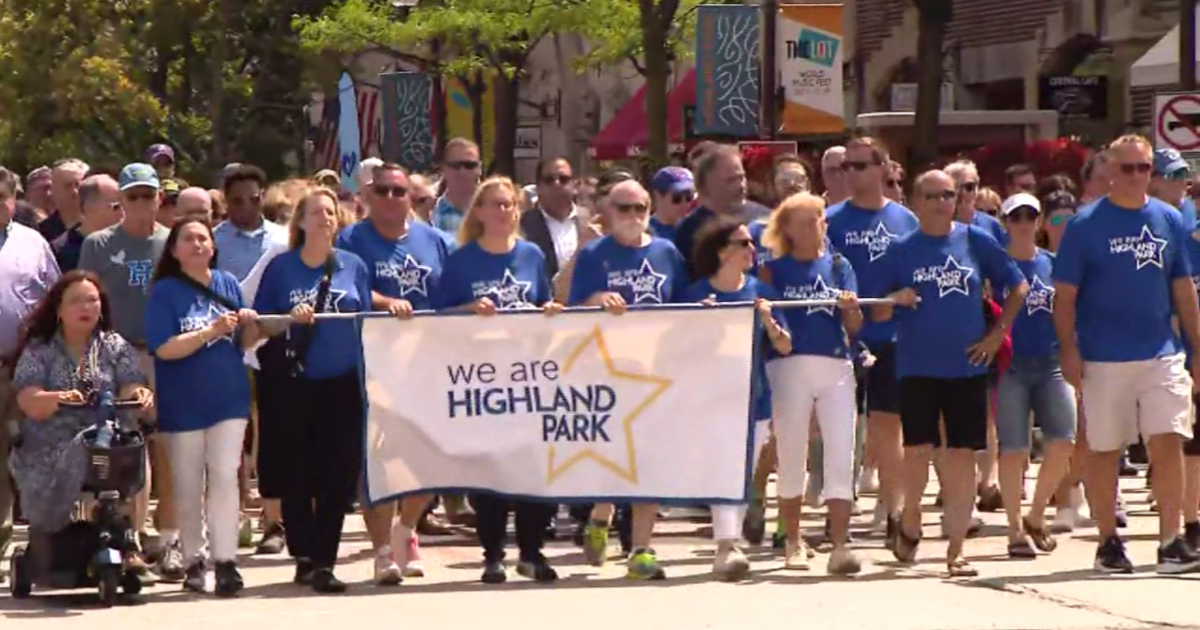History Of The Score: Chapter VII - The Score Legacy
(WSCR) In honor of The Score's 20th anniversary, we asked members of The Score family -- past and present -- what is the legacy of The Score, and what it means to the city of Chicago.
Terry Boers – I think we have established something in a sports-crazy city where you can be a place you go to and it is habit. I think people will continue to go to The Score. When there is a big sports story, people I know now go to The Score. Whether they like you or they hate you, that is where they go. We've established a place in the market. I think there is a certain legacy of My God, we have become the place to go. Nobody would have ever believed that in '92, I can tell you that. I don't know if people didn't understand their love or depth of sports or whatever it was, but I think this station has established itself and will stay in the marketplace forever. The station will always have a place in people's hearts, and I think that is a pretty good legacy in 20 years.
Brian Hanley - Without the Score, I don't know what AM radio would sound like. It has become such a fabric of the city because now the movers and shakers in sports -- they claim they don't listen. That is a lot of BS. They are certainly aware of the instant feedback they are receiving The Score airwaves. There is now a forum for people to air it out and people can be heard. There is strength in numbers and there is strength in radio.
Les Grobstein - I think the fact that The Score, from the time it signed on in early 1992, has for the most part, proven that Chicagoans LOVE hearing about LOCAL stuff first and national items after that. When The Score was just a day timer from 1992 through 1996 and just 5000 watts, it still kicked WMVP's butt, even though that station was 50,000 watts and 24 hours. That's because the Score has always been a CHICAGO station first. Now that we are local 24 hours again since June 2009, we are the No. 1 Chicago Sports Station again.
Mike Mulligan - Once upon a time, a lot of the newspaper stuff generated a lot of the talk on The Score. But what has changed is the talk now generates stories. I read stories in the paper and I know writers will take something they heard on our show and develop it into a story. That's a great compliment, and I appreciate it. What is great about doing the morning show is you can start the conversation. Not everybody is going to agree with you, but you get to pick what the topics are and you get to tell what the story of the day is and you get to comment on it. No one can accuse you of stealing someone else's idea because you are on first. It is like tearing into a fresh newspaper. I'd rather do that than one that has coffee rings on it.
Mitch Rosen - It is a Chicago institution that is now a brand. It is a friend to many people and it is a resource to many people. It's a service that is provided to an audience that loves sports, that are fanatics that love opinions and want information, content and digital information. We're a brand and how we extend that brand to make it a bigger brand is a question. That is the challenge every day.
Dan McNeil - The Score locked in with people who made Chicago a Bears town. I think we are at our absolute best when we are in football season for a lot of reasons. It's a football town and I just think people feel a real sense of fraternity with our radio station when it comes to the Bears -- the city's favorite team. I think there is a real connection because of all the things The Score has done during the fall since it was born. That's not to say we can't be effective at other times of the year, but I really think the fraternity is at its peak when the calendar says fall.
Jay Zawaski - The Score has done a really good job of sticking to the mission they had when the station took the air 20 years ago. "Fans Talking to Fans" was the slogan, and it's really true. Everyone on the station is a fan, and we've done a great job maintaining objectivity and passion, despite the inclusion of the White Sox and other big-time affiliations. Nothing has changed. Nothing is held back. It's as real as it's always been, and I think people who choose The Score know that's what the station will bring.
Andy Garcia - The Score's legacy was the choice of Chicago sports fans on the radio. When you want to talk sports on the radio you listen to The Score. Since the very beginning, those are the guys Chicago fans wanted to hear. Being the original in town -- they have lived up to it since Day One.
Chris Collins - Every sports fan in Chicago knows The Score and knows where to find it and knows what we do. We do Chicago sports and we do it the best. Chicagoans and Chicago sports fans know to turn to 670 AM for everything Chicago sports on a daily basis. Being amongst people in the city, and in meeting these fans, we are constantly reminded of that.
Tom Couch - It proved how strong a force sports are in Chicagoans lives. Sports is a very strong thing. What is really cool about The Score as opposed to any other radio station, and this is something that not a lot of people realize, you listen to the people calling in and you hear white guys, black guys, Hispanic guys. Anyone who was a sports fan would all be together. Whereas most other stations are mostly stations blacks listen to or whites listen to, but with sports stations like The Score, everybody of ethnicity would listen to the station because they were fans of the Bulls or the Bears. That is a cool thing right there.
Ron Gleason - I think it changed the dynamics of how sports are viewed in Chicago by many people. The negative is that it has made the teams more standoffish in dealing with all the media. It's not just The Score, it's all sports radio across the country. The positive is that it has created an open dialogue 24/7 for people to vent, emote and caress their teams."
Mark Grote - The legacy of The Score is it's place as an opinion leader for sports fans and a barometer used by other mediums in Chicago to measure what's hot. TV stations, newspapers, and even other radio stations understand how crucial it is to monitor The Score in order to know what people are interested in on any given day in order to shape their coverage. Listeners depend on The Score for perspective and guest analysis on the big stories, and in many cases, use The Score to give them a starting point as to how to feel about a particular story or team.
Fred Huebner - It was huge when it started. They were the first ones. They were the breakers of stories. They were getting stuff done. Everybody who was a sports fan was listening. As ESPN came along, people were able to make choices. They are not nearly as big as the FAN in New York, but it was huge for the city. It was a great thing, it was novel to do and I think it worked out great.
Dan Lee - Starting from where it was a fledgling station going into a major market with no sponsors, no play-by-play and not the best signal and no audience base, it was the little engine that could. It started out chugging and chugging and if it didn't have 'XRT behind it for revenue and perhaps credibility, it would have had a harder time. But it chugged along and evolved and it became a superstar.
Russ Mitera - It has always given the regular guy an outlet to talk about everything sports related and in some cases not sports related, but always VERY Chicago, that's been our MO from the beginning. We will always focus on Chicago's teams, our hosts are from Chicago, the topics are Chicago. It's a station that started with guys who had little experience doing radio, talking about the things they loved with lots of passion and intensity, because of that, our station has always sounded very sincere -- that's what makes us different. People know our guys really love what they're talking about.
Dustin Rhoades - Chicago's original 24/7 sports talker, where the best sports fans in the world come to talk. And in these times of uncertainty, I believe we really are a release for Chicagoans. The Score and sports are the original reality programming. The sports talk format has never been stronger, and The Score does it the best.
Jesse Rogers - As a listener as well as someone who worked there, it gives people an exciting voice to hear about sports on their way to work or wherever they are going. It gave fans an outlet, they never ever had before. When you talk about the early days, this is before the Internet, this is before message boards. We were working with the most antiquated equipment for 10 years. Back then, sports radio was the only place where fans could gather to commiserate about our teams. That was our impact.
David Schuster - It gives the sports crazies and even the casual fan a chance to stay up on what they are passionate about. It is more than just a legacy, it is a necessity. In a major market like Chicago, I am surprised it took as long as it did.
Tom Shaer - The legacy was that it was an improbable success story. Back then there weren't that many all sports stations in the country. If it was such a great idea in Chicago, why didn't somebody else do it? The legacy is that it was a pioneer.
Judd Sirott - It shaped sports opinion locally and nationally, and it changed the way sports radio was done across the country. That is very important. When the station got its focus, these guys were ready. These were personalities you had to listen to.
Harvey Wells - The legacy of the radio station that we stirred the pot and changed the way sports is covered, and did it in an era and environment where people didn't believe we were going to be able to do it. We literally changed the way sports is reported on and that will forever be changed.
Dan Zampillo - It is such a uniquely fan-driven station. It started as a small idea and became this monster, and I mean that in a good way. One of the things I loved about The Score is its connection to the fan. I think that is what made it what it was. You had a city that is very strongly connected to its sports teams, and I really love that about The Score. I understand the evolution of it, too, and I think there is a strong piece of that, but it has also evolved into other things as well but it is hard to start stations like that now, you are not going to find that anymore.
Rod Zimmerman - Where Chicagoans meet to discuss Chicago sports with their friends.



